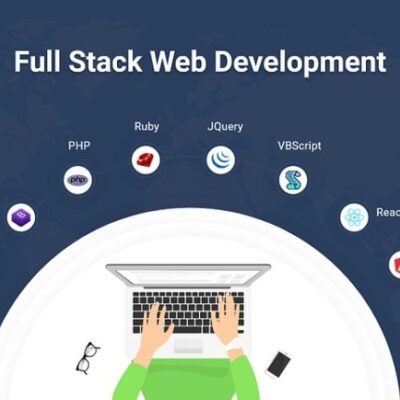Being a tester for software, I’ve always been intrigued by the ISTQB exam. However, I need more time to concentrate and study for it genuinely. But, I knew that getting an ISTQB certification could benefit my career as it is well-known within the industry and shows a commitment to professional growth.
Recently, I decided to go for it and do my best to pass the Foundation Level test, so it would be helpful to share my experience in greater detail. If you’re considering passing this test, regardless of whether you’re an experienced software tester or are just beginning your career in QA, This article will let you know what you can expect.
The ISTQB, along with the Foundation Level exam
Initially, an overview of ISTQB along with its Foundation Level exam. The International Software Testing Qualifications Board (ISTQB) is a non-profit organization that provides an established framework for software testing certification. This covers subjects such as testing basics and testing throughout the lifecycle static testing, test design methods, and support for tools used in testing.
Studying for the exam
I used a mixture of self-study and 2 Udemy courses to prepare for the exam. Another option I thought of but should have tried is studying a course offered by a local training company.
Self-study
My self-study consisted of reading the official ISTQB syllabus and analyzing the different topics covered in the test. The syllabus I studied was comprehensive and well-organized, and clear objectives for each section.
To pass exam day for the ISTQB Foundation Level exam, specifically, self-study was an essential aspect of the exam’s training for me. The syllabus comprehensively describes the topics that will be tested and lists the learning objectives for each subject. It helped me plan my study time. The way I did it was to design my study following the syllabus to ensure that I got everything. It took me approximately one and two-and-a-half months of systematic research to cover the syllabus.
Alongside the ISTQB syllabus, I used online resources like test prep guides and practice tests to enhance my understanding of the subject.
Be consistent and diligent in your actions.
It could involve studying from the study material, reading the course outline, and taking practice tests. Monitor your progress as you look for your exam to determine the areas where you’ll need additional time to think about or rewrite.
Logitrain training courses
I received a lot of guidance and support from the Logitrain classes I enrolled in as I was studying to take the ISTQB Foundation Level and Job Ready Programs exam. I took a course that included the entire syllabus, as well as one that was purely an example of the exam’s foundation.
The course, taught by a professional software tester, gave relevant information and concrete examples, which made the system easy to understand. In conjunction with the Udemy courses, self-study is a highly effective method of preparing for the test. It took me around 30 hours to finish the course.
A local trainer offers the course
Apart from self-study or Udemy classes, attending an educational course run by a regional trainer is a different option to prepare for the Foundation Level test. Although I didn’t personally do one, I did some investigation and found that there were similar courses offered in Croatia, where I reside.
The three-day course typically includes the same topics that are covered in those covered in the ISTQB syllabus. Participants will have the opportunity to get advice from a veteran software tester who will provide insightful explanations and scenarios to aid in putting the concepts they are learning into context.
You can enroll in this course from Croatia via emailing the local training company, and they will send you the dates for the course. The course provider will sign you up to take the Foundation Level exam after completing the course.




